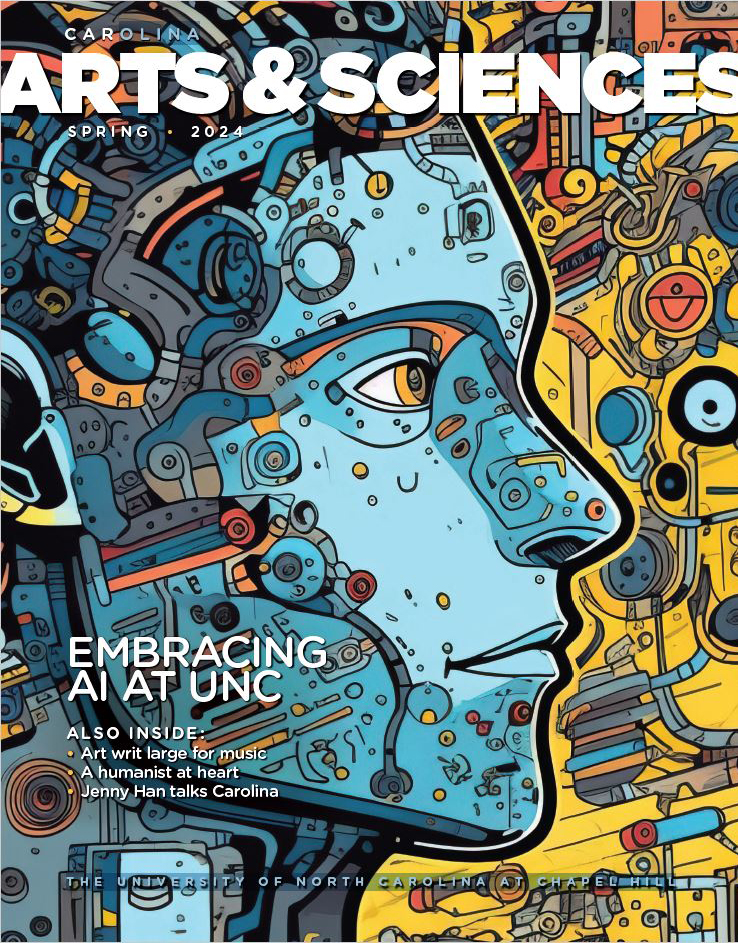Home
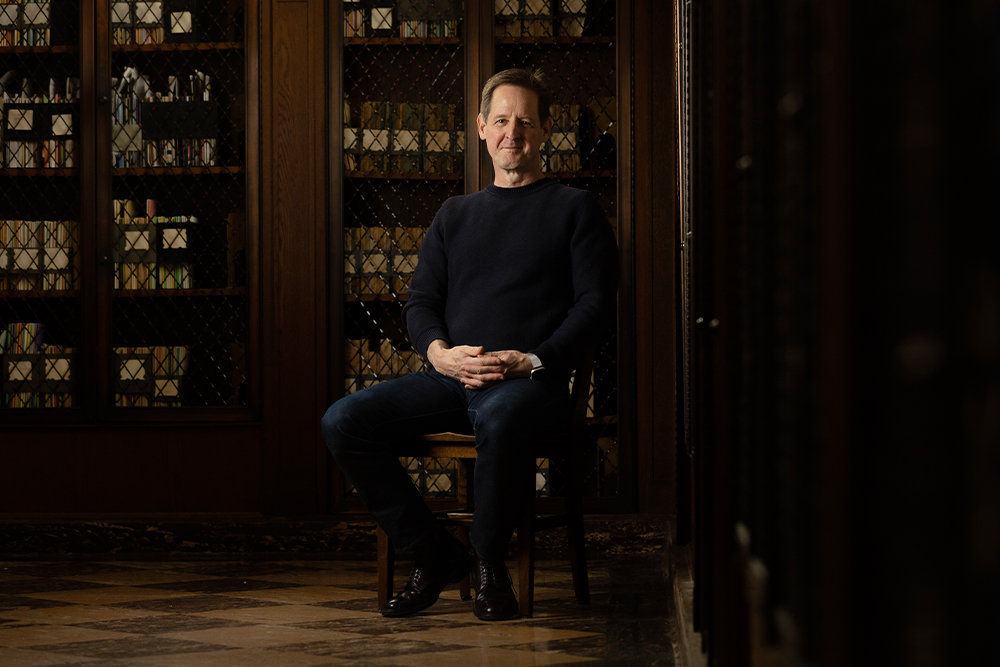
UNC historian tapped for National Humanities Center fellowship
Professor of History John Wood Sweet was among 31 scholars awarded National Humanities Center fellowships for the 2024-2025 academic year. Sweet was the only researcher from UNC-Chapel Hill to receive a fellowship.

College staff among 2024 Massey Award winners
The Massey Awards, established in 1980, recognize “unusual, meritorious or superior contributions” by University employees. Summer Montgomery in the department of biology and Nicholas Siedentop in the Office of Undergraduate Education are winners from the College.
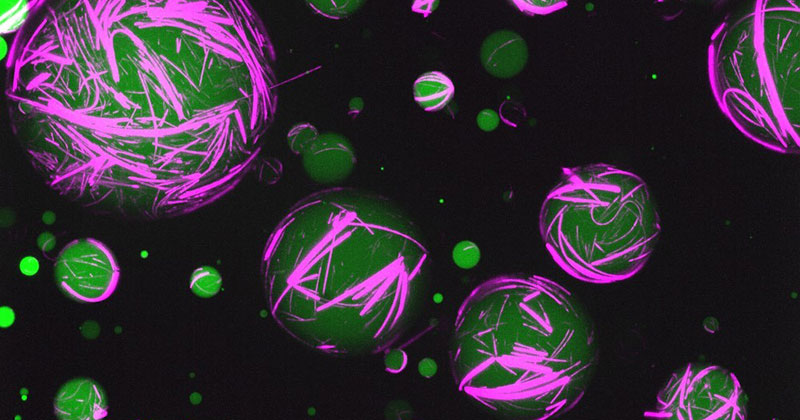
UNC-Chapel Hill researchers create artificial cells that act like living cells
Ronit Freeman and her lab use innovative approaches to build functional cells, bridging the gap between synthetic and living materials.
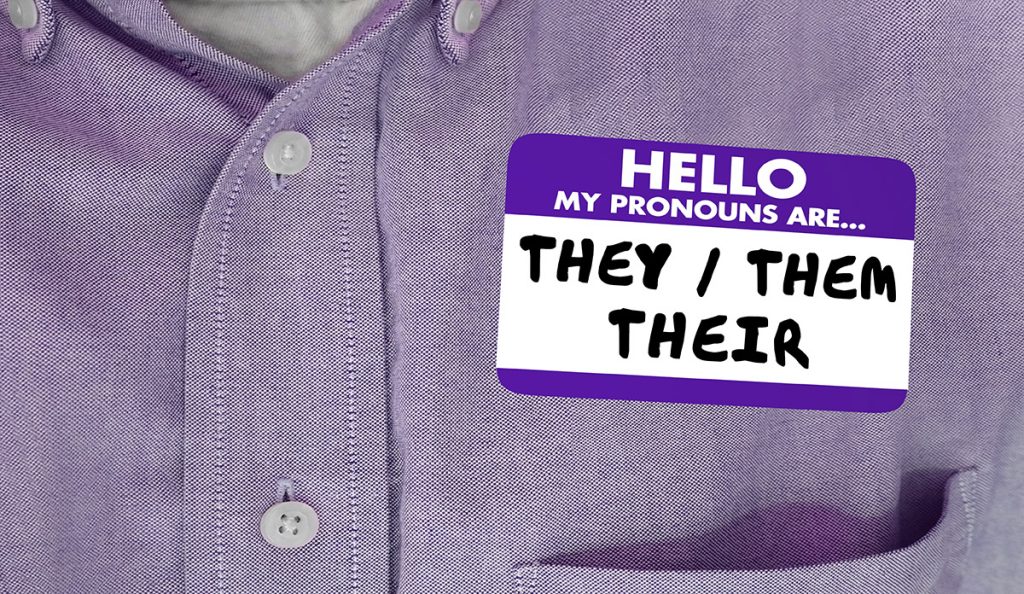
UNC-Chapel Hill study examines the increased adoption of they/them pronouns
People are using “they/them” pronouns more often according to a new study by the University of North Carolina at Chapel Hill. The research was led by Jennifer E. Arnold, a professor of psychology and neuroscience in UNC’s College of Arts and Sciences.

Flowing Together: Restoring North Carolina’s drinking water
PFAS, or “forever chemicals,” are prevalent in a variety of products and linked to a range of health problems. An interdisciplinary group of UNC-Chapel Hill scientists and engineers are deploying and evaluating technologies that filter these difficult-to-remove substances from N.C.’s drinking water.
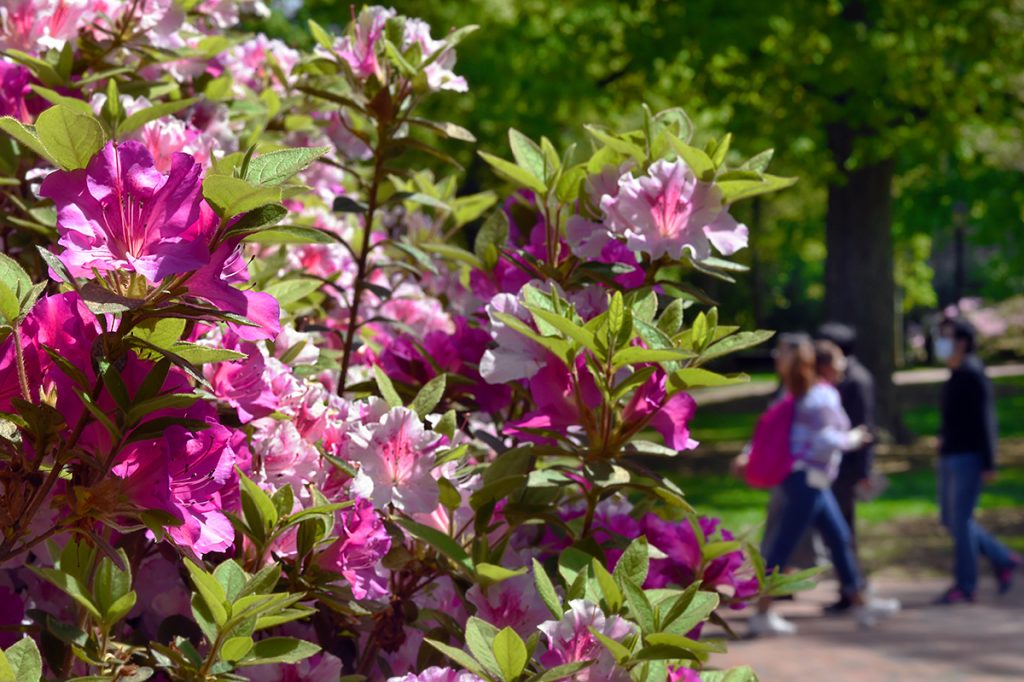
Seven students selected as 2024 Carolina Blue Honors Fellows
Seven students were selected as recipients of the 2024 Carolina Blue Honors Fellowship in Sports Entrepreneurship to pursue unique and self-initiated summer internships built around growing international sports businesses.
In the Media
Psychology group says infinite scrolling “particularly risky” to youth mental health
“The platforms seem to be designed to keep kids engaged for as long as possible, to keep them on there. And kids are just not able to resist those impulses as effectively as adults,” American Psychological Association chief science officer Mitch Prinstein said in a phone interview. Prinstein is John Van Seters Distinguished Professor of Psychology and Neuroscience at UNC.
More in the Media
Events
Celebration of Undergraduate Research: April 29
The 25th annual Celebration of Undergraduate Research will consist of three sequential poster sessions highlighting undergraduate research across the disciplines at Carolina. The annual symposium, held each spring, showcases meaningful research by undergraduate students at UNC. This year’s celebration will be in the George Watts Hill Alumni Center, beginning at 2:30 p.m.
By the Numbers
undergraduate students
graduate students
faculty members
academic departments and curricula,
115 undergraduate programs of study
graduate programs ranked in the top 30
by U.S. News & World Report
of all Carolina students graduate with at least one major in the College
in research funding
of all undergraduate hours at Carolina are taught by College faculty

